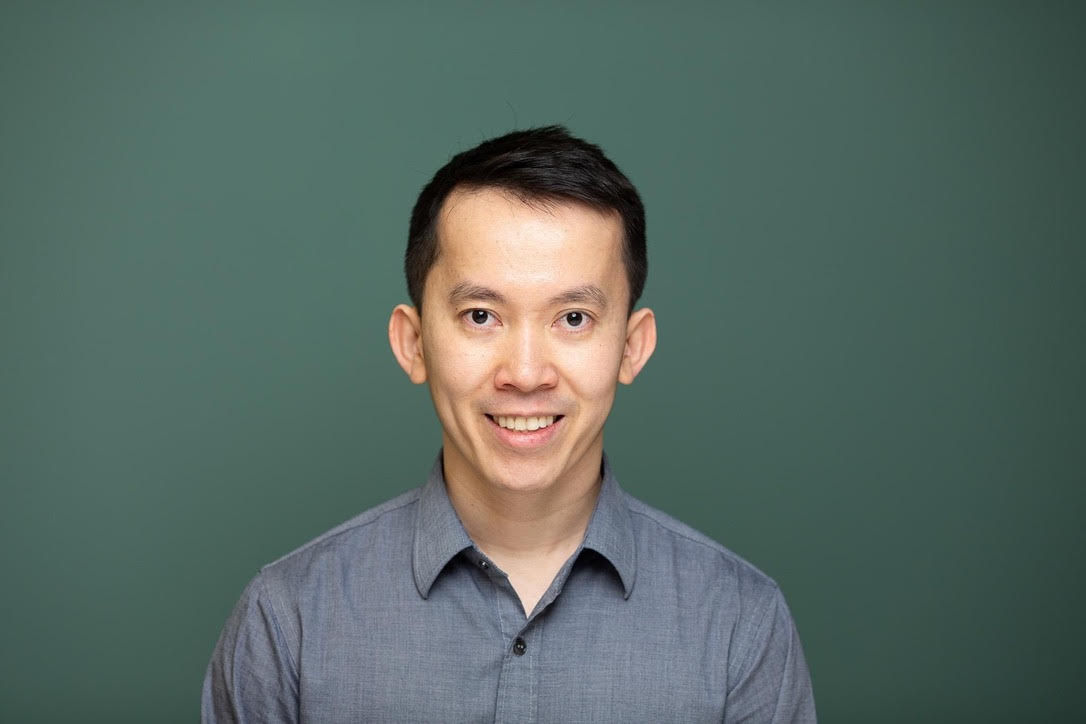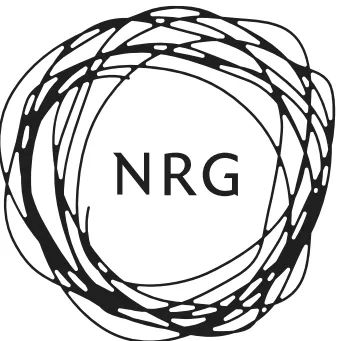Day Moderator - Tri Tran

My name is Tri Tran. I am an Assistant Professor of Operations Management at the Department of Operations. I am also the newly appointed Leader of the Community of Practice in Artificial Intelligence (AI) at the Teaching Academy of Groningen (TAG). I am the coordinator of several courses in the Supply Chain Management (SCM) M.Sc. and pre-M.Sc. programs such as Strategic Supply Chain Management, Research Proposal SCM, and Research paper for pre-M.Sc. I am also involved in teaching many other courses such as Logistics and Supply Chain Operations, Research Methods for SCM, and Humanitarian Logistics. In my research, I investigate the adoption of emerging technologies in SCM. My newest research project is on the implications of AI in supply chain innovations and disruptions, and how it can help or hurt our ability to predict them. With a passion for applied AI, it is my absolute honor to be the day moderator for this year’s TeMa Conference:
“Supply Chain Safari: Navigating the Digital Wilderness’”
The sudden popularity of ChatGPT provoked many conversations around Generative AI and the potential impacts of AI not only in the economy but also in our daily lives. The benefits of AI in assisting decision-makers with complex operational decisions are well-studied and well-documented. While most papers discuss how AI can help decision-makers improve the accuracy of their decisions and consequently improve the operational performance of their firms or their supply chains, is there also a dark side to AI in decision-making? As AI functions on a probabilistic principle, can it predict unexpected and rare events? If a decision-maker follows the suggestions of AI, will they miss out on the big wins or be unable to foresee big losses? When does “organic” intelligence trump artificial intelligence? Furthermore, as technology cannot be implemented in a vacuum environment, the human factor should also be considered. What are the contextual prerequisites for a successful AI implementation? Are there jobs that will be replaced because of AI? Will line workers be skeptical, or even afraid, of AI the same way they are with robotics and automation? What are the ethical and societal concerns of AI?
There are too many questions and too little time to discuss them. This is why AI is such an exciting topic for us to explore. I am very curious to see how companies and practitioners see the opportunities and drawbacks of AI in the industry and in the economy, and how they plan to respond to the rapid development of AI. For all those reasons, I look forward to an intellectually stimulating conference with two inspiring speakers, thought-provoking masterclasses, and numerous partner companies providing interesting workshops.









